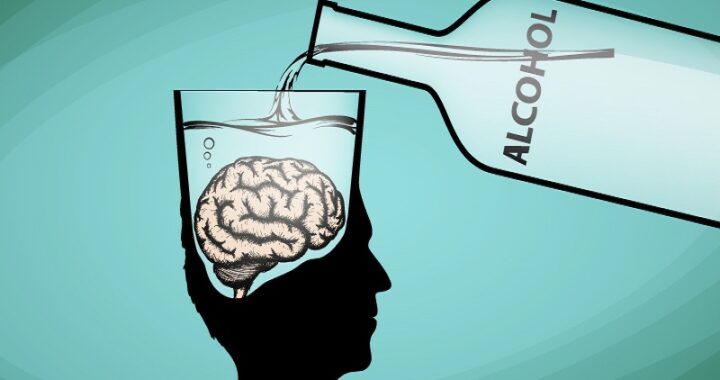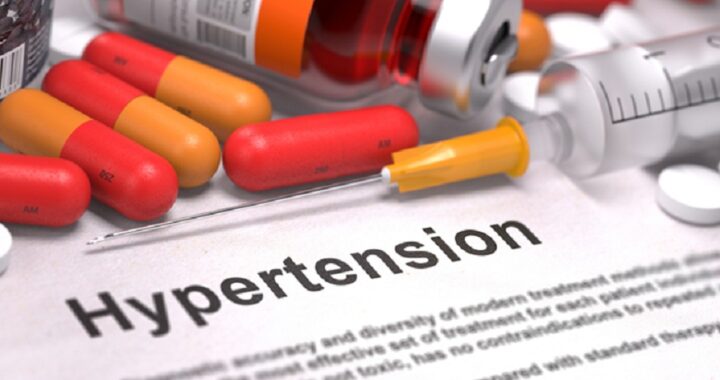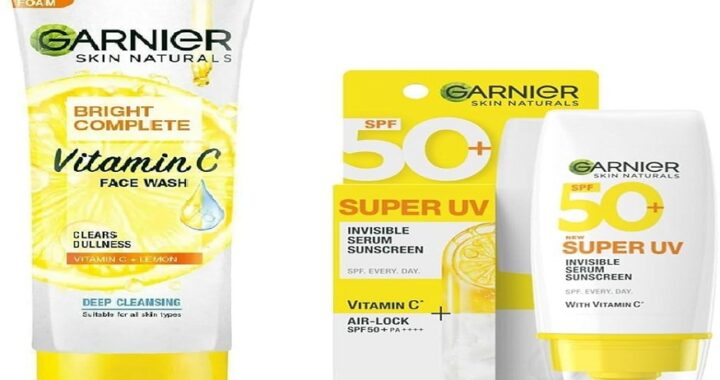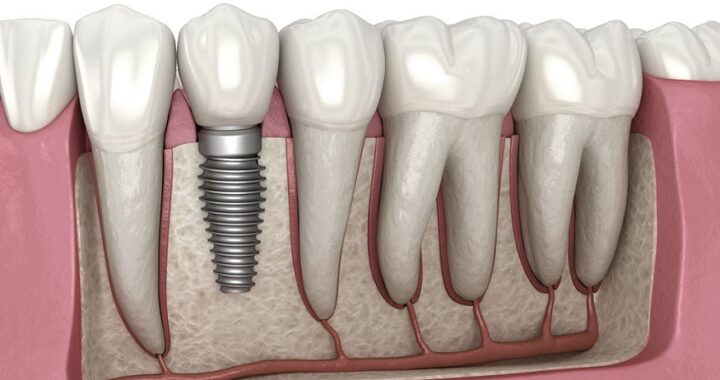The Types of Available Treatment for Addiction Recovery

There are no one-size-fits-all treatment programs for addicts. Whether your drug of choice is alcohol, illicit drugs, prescription drugs used for nonmedical purposes, inhalants, or a combination, each person has a unique set of circumstances, physical, emotional, and social consequences to be dealt with. Detox will be different for each, depending on the substance abused, length of time, and frequency of use. Treatment will also differ according to the type(s) of toxic chemicals in your system, whether or not you have a dual diagnosis (alcohol and drugs, drugs and mental problems, combination of drugs).
It’s very common that individuals who enter treatment for addiction to one substance also have multiple addictions. They also often suffer from mental problems, either brought on by their addiction or co-existing along with the addiction. These include hallucinations, paranoia, anxiety, depression, and suicidal thoughts or attempts, altered states of reality, bipolar disorder, OCD, and others. Trauma can also be a cause where trauma treatment is also needed. In short, treatment must be tailored to each individual based on numerous factors.
Treatment for addiction or dependence is available as an outpatient, inpatient hospital, or residential treatment. If your dependence or addiction is relatively short-lived or recent, or you haven’t progressed in the frequency of use or multiple abuse drugs, you may be best served through outpatient treatment. For more severe addiction, inpatient hospital or residential treatment is advised. That’s because withdrawal symptoms from many substances are more than just uncomfortable. They can be life-threatening. You will need medically supervised detox. It’s definitely not something you want to try on your own.
Withdrawal times also vary according to the substance, which includes the following:
Narcotics withdrawal can last from 7 to 10 days. If you are moderately addicted, you may be able to withdraw in a period of 5 to 10 days. If you are heavily addicted, you will need a withdrawal maintenance program for several months. There are medications to help with narcotics withdrawal, given by medical prescription, including buprenorphine or methadone (for heroin and morphine withdrawal), clonidine for addiction to smoking and narcotics, naloxone (to block effects of opioid overdose), suboxone (a combination of buprenorphine and naloxone), and naltrexone (to block the effects of narcotics and help reduce drug cravings).
Withdrawal from stimulants such as cocaine, crack, methamphetamines and amphetamines typically take 1 to 2 weeks, depending on how much of the substance has been used and how long.
Alcohol withdrawal symptoms appear within 24 hours of the last drink and last for several days. Long-time addiction withdrawal symptoms include hallucination, dehydration, sleep disorders, tremors, nausea, and delirium tremens (DTs). Untreated, the worst-case alcohol withdrawal symptoms can result in death.
The costs and benefits of each type of treatment are something to weigh and balance. You know your own circumstances. Can you physically and mentally commit to detoxing on your own – especially given the dangerous withdrawal symptoms listed above?
Are you able to commit to going to treatment on a volunteer basis five days a week for the duration to get yourself straight after you have gone through detox? Think of the temptations all around you. It takes a lot of determination to make a clean break from alcohol and drugs when access is so easy. For most addicts and individuals with dependence, success is more likely with either inpatient hospitalization, followed by treatment or residential treatment. In fact, the residential treatment that includes in-house, medically supervised detox, and a full range of treatment protocols offers perhaps the best chance of success.

 The Neurology of Alcohol: How Alcohol Impacts Brain Function
The Neurology of Alcohol: How Alcohol Impacts Brain Function  Tips for Selecting the Right Inpatient Drug and Alcohol Rehab Center
Tips for Selecting the Right Inpatient Drug and Alcohol Rehab Center  Is It Time to Go for Alcohol Rehabilitation?
Is It Time to Go for Alcohol Rehabilitation?  Johnson Intervention
Johnson Intervention  Tips to Sort Your Daily Life in Addiction Recovery
Tips to Sort Your Daily Life in Addiction Recovery  Is there a link between ADHD medicines and smoking?
Is there a link between ADHD medicines and smoking?  Complete Guide to Diagnosis and Treatment of Hypertension
Complete Guide to Diagnosis and Treatment of Hypertension  Moisturizer To Sheet Masks: Skincare Essentials To Pack For Colder Months
Moisturizer To Sheet Masks: Skincare Essentials To Pack For Colder Months  The Step by Step Process of Getting Dental Implants in Fargo
The Step by Step Process of Getting Dental Implants in Fargo  5 Toronto Dietitian Approved Habits for a Healthy New Year
5 Toronto Dietitian Approved Habits for a Healthy New Year